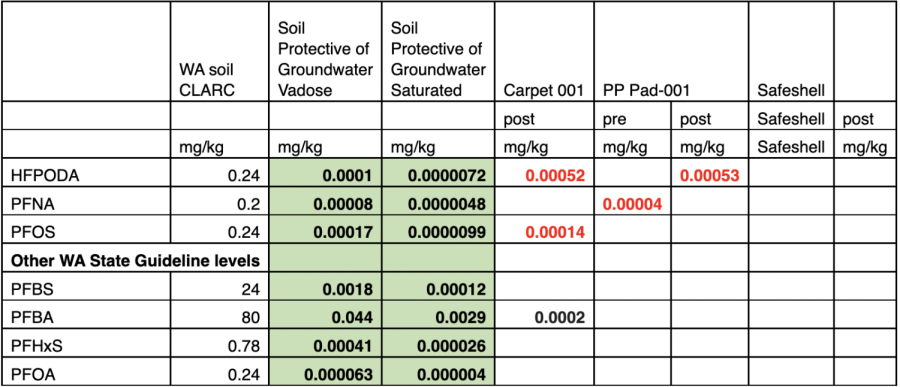This article was written by graduating senior Eli Robinson.
While other more diligent seniors have been stressing the details of cell physiology, I’ve been drinking. Searching for the alleged Walla Walla “funk” has brought me to some of the more obscure wineries in the valley and can be a fun treasure hunt for any visitor. For an unknown reason this funk is exclusively found in Syrah: a delicious Rhone varietal that as recently as the 1970s had been all but forgotten in France. Brought to the Western Hemisphere as a wine known for its flavors and aromas of minerals, olives and cured meats, the Syrah was transformed into rich “fruit bomb”-style wine in places like Australia and California. Washington Syrahs, at their best, break that trend.
Syrah was first planted in the Walla Walla Valley by Christophe Baron of Cayuse fame in 1999. He recognized the rocky old riverbed west of Milton Freewater, today known as “The Rocks of Milton-Freewater,” as having soils similar to those of Châteauneuf-du-Pape, and he planted a vineyard. His wines gained notoriety for their sky-high scores and extremely expressive style; even Joe Schmo can pick out a Cayuse or Reynvann Syrah from a lineup.
I’m told they smell of leather-lined shoes, green olives and salami. Unfortunately my efforts to “work” to acquire these cult wines have thus far proven fruitless. I, with the help of the Internet, set out to find the funk at more reasonable prices of less than 35 dollars. I found not only the funk but a variety of well-made Syrah’s ranging from bright with minerality to dark and chocolatey.
The variety of terrains, soils and climates found in the Walla Walla Valley, combined with a wealth of tools available to the winemaker, is responsible for this diversity. For simplicity’s sake I will divide Walla Walla Valley Syrah growing sites into two groups: the silty hills and the cobble-filled valley.
Winemaker Matt Reynvann has both a high-elevation vineyard in the foothills and a vineyard in the rocks; he blends the two to create his Syrah’s each year. One can taste the differences between sites at Result of a Crush, an unabashedly girly winery Matt named for his sister. The 2011 red blend (20 dollars) predominately comes from his hillside vineyard (Mostly Syrah blended with a little Cab) and is pretty and brighter in nature, with red fruits and a little bit of olive on the nose. The 2012 red blend (28 dollars) features grapes from the rocks and is as bold and funky as I’ve had. These wines are both the only chance we mortals have at drinking wines made from Reynvaans grapes, and they’re a great deal –– just ignore the kissy-face logo.
Skylite Cellars, where you may get a chance to be served by graduating senior Mcebo Maziya, crafts well-aged and nicely balanced wines out on Heritage Road. Their 2010 Syrah (30 dollars) contains fruit from River Rock Vineyard and Minnick Vineyard near prosser. Both are top vineyards whose wines often cost twice what Skylite is charging. The nose is dominated by the hallmark funky notes of leather and olive while the palate is silky and delicious.
Saviah’s 2011 Syrah has nice balance between a little funk a little fruit and some good minerality –– just give it a little time to air out.
Beresan sources most of their 2008 Syrah (29 dollars) grapes from their estate rocks vineyard and has a beautiful nose of plums and wet rocks backed up by a wonderful balance between rich fruit and graphite on the palate.
For more frugal drinkers I recommend the tiny Grantwood Cellars. Their 2013 Syrah (17 dollars) is sourced from the hillside Les Collines vineyard and while not funky, nicely combines bright acidity with mouth-coating dark fruits and coffee on the palate.








